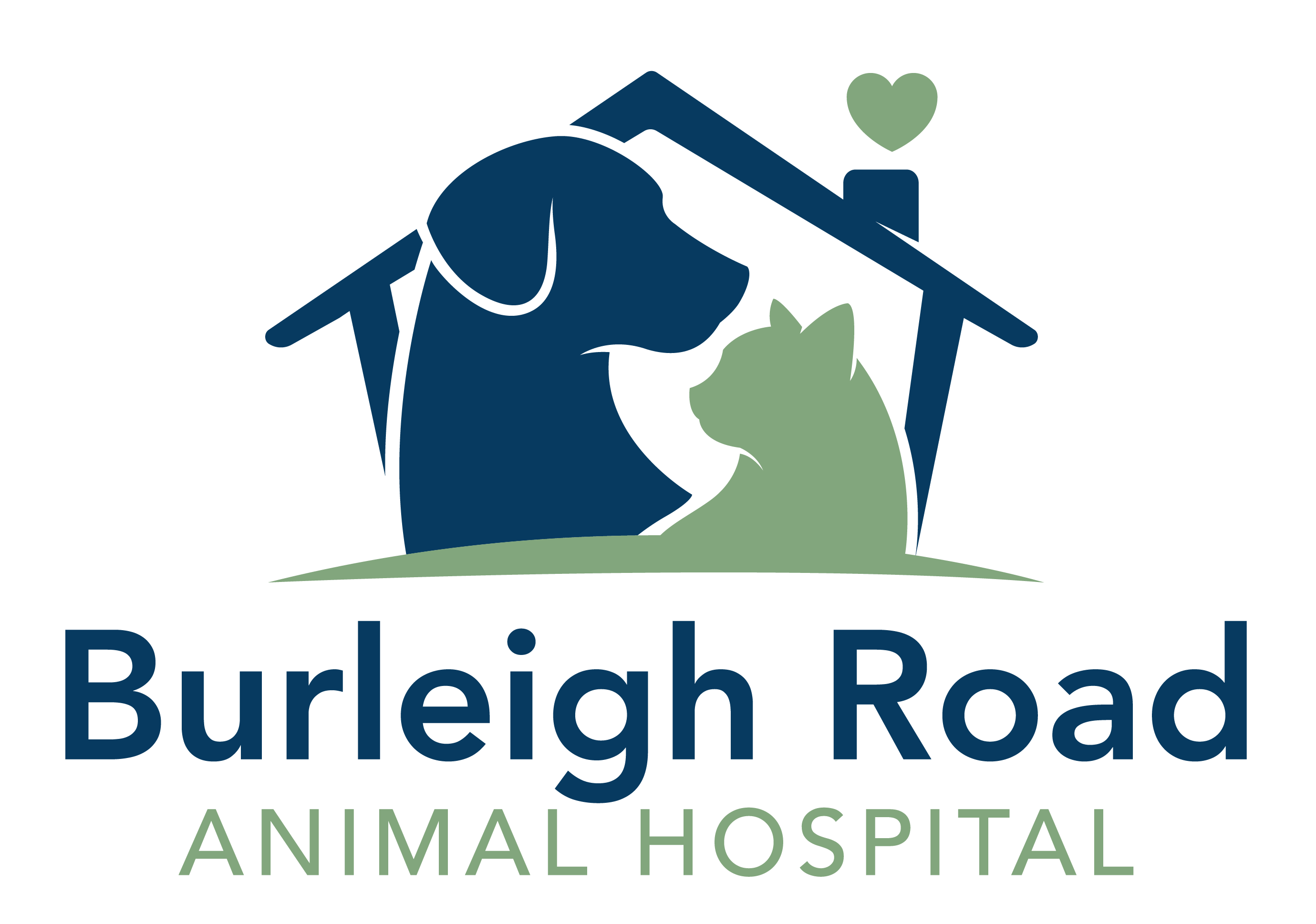Library
-
Midazolam is a benzodiazepine used for its sedative, anti-anxiety, and muscle relaxant properties. It is primarily used as a sedative before surgery and to stop seizures. It is used “off label” or “extra label” in animals. This medication is a controlled substance primarily given via injection by your veterinary team, though it may be prescribed to your pet for intranasal or intrarectal administration at home.
-
Mupirocin otic, also known as pseudomonic acid A, is an antibiotic used in the treatment of ear infections. It is used “off label” or “extra label” to treat ear infections in animals. Mupirocin comes in ointment or liquid drop suspension forms that may be specially compounded.
-
Nitenpyram is given by mouth and is used on and off label to treat adult flea infestations and fly larvae infestations. Give as directed by your veterinarian. The most common side effect is itchiness. Do not use in pets that are allergic to it, in pets that weigh less than 2 pounds, or in pets younger than 4 weeks old. If a negative reaction occurs, please call your veterinary office.
-
Nystatin is an antifungal, given by mouth in the form of a tablet or liquid suspension, and used off label to treat Candida fungal infections in dogs, cats, birds, and reptiles. Side effects are rare, but at high doses, it could cause stomach upset or mouth irritation. It should not be used in pets that are allergic to it.
-
Olopatadine ophthalmic is an antihistamine medication used to treat pruritus (itchiness) of the eyes caused by allergies in animals. Olopatadine ophthalmic comes in liquid drop suspension form.
-
Ponazuril is given by mouth and is used on and off label to treat protozoal parasites in a variety of animal species. Side effects are uncommon but may include soft stools. Do not use in pets that are allergic to it. Ponazuril should be used cautiously in pregnant or lactating pets, and dogs with/susceptible to dry eye (keratoconjunctivitis sicca/KCS).
-
Povidone iodine topical (brand names Vetadine®, Poviderm®, Povidine®, others) is a topical antiseptic used on the skin prior to surgery and in first aid treatments for cats and dogs. It has been used in aquatic species and reptiles to treat fungal infections and wounds. Povidone iodine topical comes in liquid solution, gel, ointment, scrub, shampoo, and spray forms.
-
Praziquantel is given on and off label and by mouth or injection to treat various internal parasites in cats, dogs, small mammals, birds, reptiles, and large animals. Do not use in pets that are allergic to it, in puppies less than 3 weeks old, or kittens less than 6 weeks old.
-
Prednisone/prednisolone is given by mouth or injection and is used on and off label to treat Addison’s disease, inflammatory conditions, neoplasia (cancer), and immune-mediated diseases. Give this medication as directed by your veterinarian. Common side effects include increased drinking, increased urination, and increased appetite. Do not use in pets that are allergic to it, or pets with systemic fungal infections, viral infections, ulcers, tuberculosis, or Cushing’s disease. If a negative reaction occurs, please call your veterinary office.
-
Do you have medications stored in the bathroom cabinet, kitchen drawer, and pantry shelf? Are random bottles haphazardly tossed into the “pharmacy”? Medications are meant to help us and our pets, but they can do more harm than good if stored or administered incorrectly. You can protect your family and pets by safely handling and disposing of medications.


